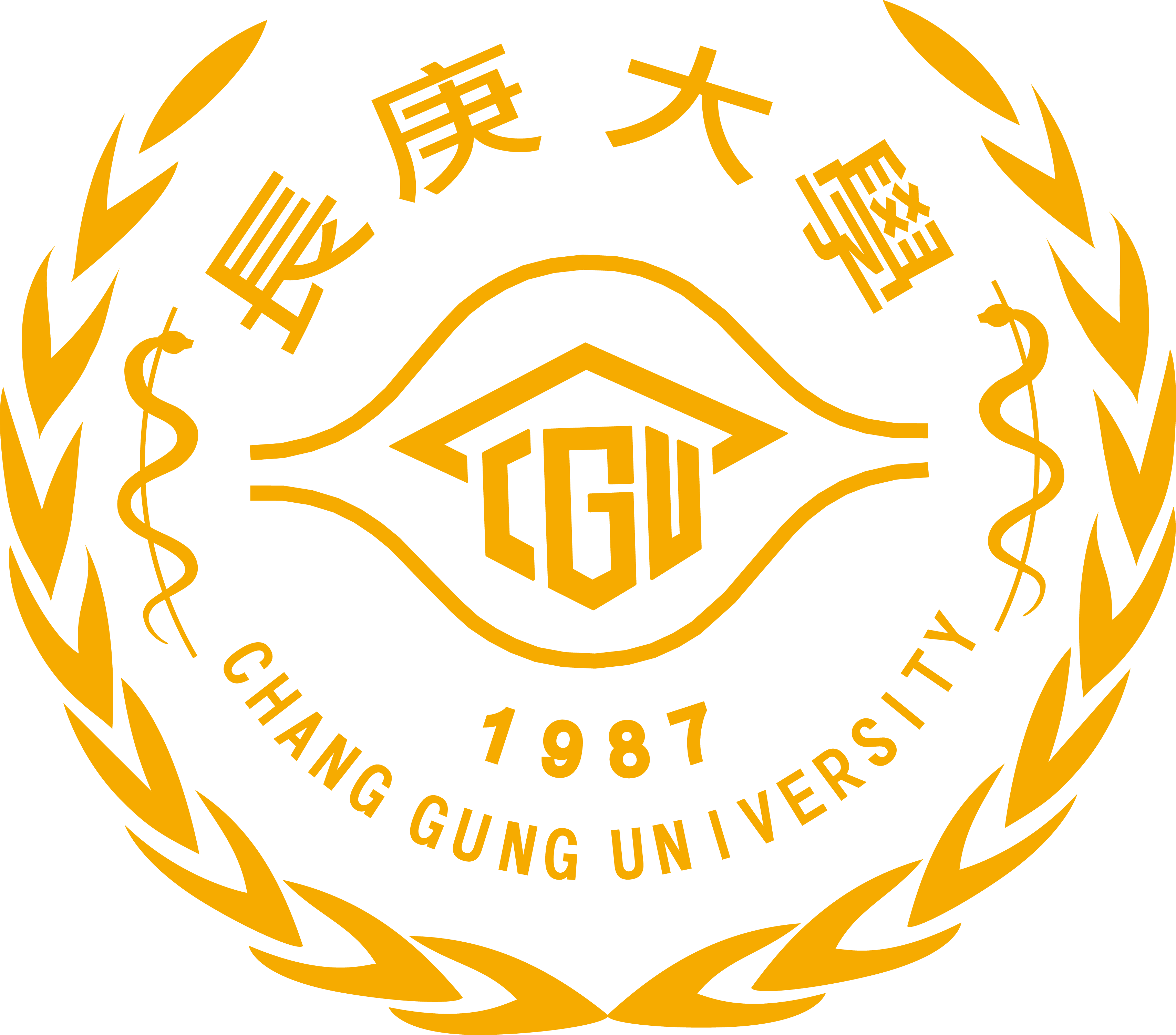Bio-MEMS Lab
Research Field
Dr. Kin Fong Lei is a Dean for International Affairs and a Professor in Biomedical Engineering at Chang Gung University (CGU), Taiwan. Prior to joining CGU, he was a Lecturer at The Hong Kong Polytechnic University, Hong Kong (2007-2010). He received B.S. degree from National Tsing-Hua University, Taiwan (1998), and Ph.D. degree from The Chinese University of Hong Kong, Hong Kong (2005). In 2006, he was a post-doctoral fellow at the University of Western Ontario, Canada. Dr. Lei has made significant original contributions to research in bio-physics, bio-microfluidics, and bio-sensing. He has published over 100 academic articles and was invited to contribute in 8 book/book chapters. Dr. Lei has been listed in 2020-2024 and career-long World’s Top 2% Scientists and was selected as IEEE-NTC Distinguished Lecturer in 2022-2023.
Dr. Lei is a Fellow of the Royal Society of Chemistry (RSC), Fellow of the Institute of Physics (IOP), Senior Member of the Institute of Electrical and Electronics Engineers (IEEE), and Member of the American Society of Mechanical Engineers (ASME). He serves as a Chair of IEEE-EMBS Technical Committee on Bionanotechnology and BioMEMS (BNM) and Chair of IEEE-NTC Technical Committee on Nanorobotics and Nanomanufacturing. He is Associate Editor at EMBS Conference Editorial Board in 2020. He also served as an organizing committee member for many IEEE conferences for MEMS/microfluidics researchers. Dr. Lei is an Associate Editor for IEEE Access and IEEE Transactions on NanoBioscience, and Editorial Board Member for Scientific Reports.
Our laboratory focuses on developing micro-scale systems for biological cell culture and cell-based assays. Students are learnt to do micro-fabrication, system design, cell culture, and molecular analyses. The research area is multidisciplinary, combing engineering and biological sciences. Below is the examples of what we are working on:
1. Development of micro-systems to study cellular activities in 3D environment for drug screening applications
2. Establishment of paper-based micro-systems for simulating tumor-vascular interface
3. Analysis of tumor responses in micro-systems under physical stimulation
Establishment of paper-based micro-systems for simulating tumor-vascular interface
In cancer metastasis, where mortality rates remain high despite advancements in medical treatments, understanding the molecular pathways and cellular dynamics underlying tumor spread is critical for devising more effective therapeutic strategies. Here, a folding paper system was proposed and developed to mimic native tumor microenvironment. This system, composed of 7 stacked layers of paper enclosed in a holder, allows for the culture of cancer cells under conditions mimicking those found in solid tumors, including limited oxygen and nutrients. Because of the migratory capabilities of cancer cells, the cells in the center layer could migrated to advanced layers of the paper stack, enabling the differentiation of cells based on their migratory potential. Subsequent gene expression analysis, conducted through RT-PCR and RNA sequencing, revealed significant correlations between cancer cell migration distance and the expression of genes associated with hypoxia, metabolism, ATP production, cellular process. Moreover, our study identified cells with aggressive phenotypic traits from the advanced layers of the paper stack, highlighting the potential of this system for enabling the study of aggressive cancer cell characteristics. Validation of the folding paper system against clinical carcinoma tissue demonstrated its ability to faithfully mimic the native tumor microenvironment. Overall, our findings underscore the utility of the folding paper system as a valuable tool for investigating and identifying critical molecular pathways involved in cancer metastasis.
- IEEE-NTC Distinguished Lecturer, 2022-2023
- 2020-2024 and career-long World’s Top 2% Scientists
- Fellow, Royal Society of Chemistry (RSC), UK
- Fellow, Institute of Physics (IOP), UK
- Senior Member, Institute of Electrical and Electronics Engineers (IEEE), USA
- Service Award, Nanotechnology and Micro System Association, Taiwan (2020)
- Research Award, College of Engineering, Chang Gung University, Taiwan (2016, 2020, 2021)
- Excellent Poster Award, 2023 International Conference on Smart Sensors, Tainan, Taiwan, June 19-20, 2023.
- Best Poster Award, 2023 International Conference on Smart Sensors, Tainan, Taiwan, June 19-20, 2023.
- Finalist of Best Conference Paper Award, The 13th IEEE International Conference on Nano/Molecular Medicine and Engineering (IEEE-NANOMED 2019), Gwangju, Korea, Nov 21-24, 2019.
- Best Poster Award, 2019 International Conference on Smart Sensors, Hsinchu, Taiwan, June 3-4, 2019.
- Honorary Poster Award, 2019 International Conference on Smart Sensors, Hsinchu, Taiwan, June 3-4, 2019.
- Honorary Oral Presentation Award, 2019 International Conference on Smart Sensors, Hsinchu, Taiwan, June 3-4, 2019.
- Travel Grant Award, RSC-TIC (Royal Society of Chemistry – Tokyo International Conference) 2018.
- Outstanding Poster Award, 2018 International Conference on Smart Sensors, Taipei, Taiwan, June 1-2, 2018.
- Travel Grant Award, RSC-TIC (Royal Society of Chemistry – Tokyo International Conference) 2017.
- Best Paper of the Year, “Real-time Human Tenocytes Proliferation and Responses to Anesthetics and NSAIDs in Microfluidic Culture System”, Taiwan Orthopaedic Association, 2016.
- Merit Award, Competition in Microfluidic Applications, Microfluidic Technology Consortium, Taiwan, Dec 19, 2015.
- Ph.D., The Chinese University of Hong Kong, Hong Kong
- M.Phil., The Chinese University of Hong Kong, Hong Kong
- B.S., National Tsing Hua University, Taiwan
2 Vacancies
Job Description
Students are required to work on micro-system development, system design, cell culture, gene analysis, and protein analysis.
Preferred Intern Education Level
Undergraduate students interested in further study in my lab.
Skill sets or Qualities
Intern students should be undergraduate students in biological sciences and are interested in biomedical engineering.
